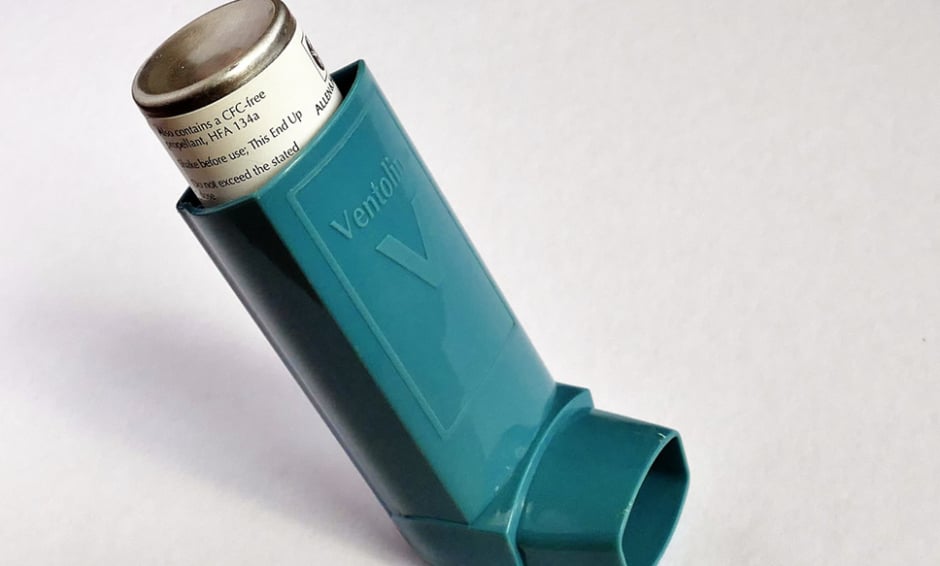ASTHMA affects >22 million people in the USA alone, including almost 6 million children, highlighting the significance of the disease. Often attributed to a Western lifestyle, there is currently no cure for asthma; however, a new study has identified a possible cure for this potentially deadly disease in an unlikely place.
The research, co-led by Dr Henry McSorley, Medical Research Council Centre for Inflammation Research, University of Edinburgh, Edinburgh, UK, alongside colleagues from the University of Glasgow, Glasgow, UK, sought to expand on current knowledge suggesting that infection with certain roundworm parasites can lead to the development of immunological resistance to, and sometimes the prevention of, certain allergic reactions, including asthma.
The research group made use of the intestinal parasite, Heligmosomoides polygyrus, which can evade the host immune system via suppression of immune signalling in mouse models. Dr McSorley and his colleagues screened the proteins and chemicals secreted by the parasitic roundworm and identified the H. polygyrus Alarmin Release Inhibitor (HpARI) protein. HpARI had a significant impact on the immune system; the results of the study showed that HpARI inhibited the release of interleukin (IL)-33. IL-33 is a key player in the immune response, signalling for immune reactions in allergic diseases, including asthma.
The immunosuppression seen in the mouse cells was mirrored when tested in human cells. HpARI secretion resulted in an inhibition of IL-33 release and prevented an inflammatory reaction, resulting in a positive ‘allergic sensitisation’ effect. The affinity of HpARI was higher for mouse IL-33 than for human IL-33, but, with an ever-improving range of pharmacological investigatory techniques and methodologies for targeted drug development, this study could yet prove to be the foundation for the development of new drugs that could have many positive effects for asthmatics and allergy sufferers. “By identifying this new protein, we have found a new way of suppressing the allergic responses which cause asthma. In the future, we hope to develop this further,” summarised Dr McSorley.
(Image: freeimages.com)








